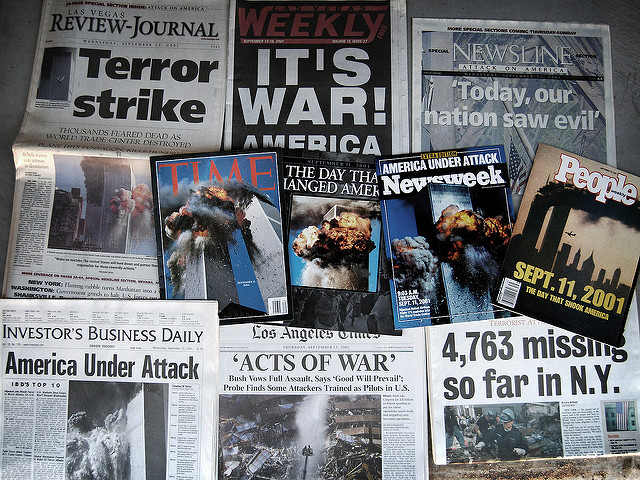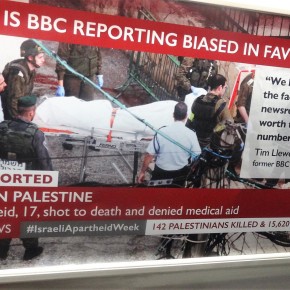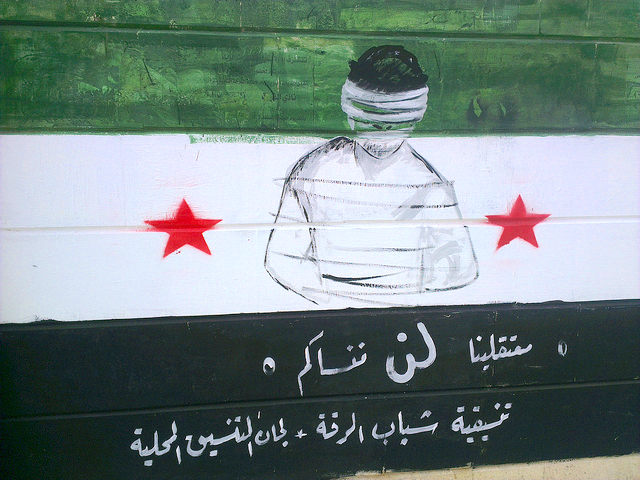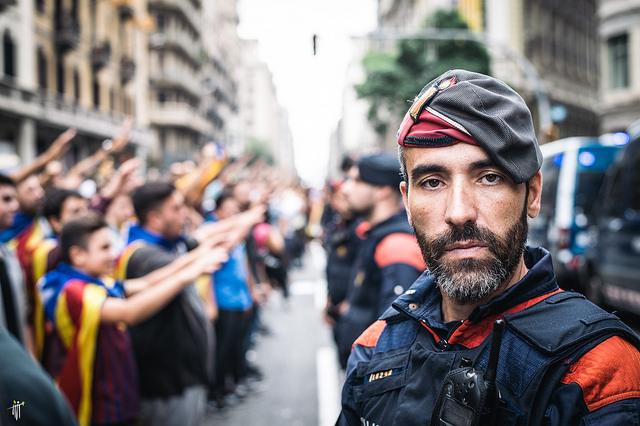War has become the absence of politics by other means. As democratic institutions lose their legitimacy, widespread uncertainty is being mirrored by the performance of civilisational showdown. Baudrillard’s arguments in The Gulf War Did Not Take Place have resonance because of how the War on Terror has radically expanded the spectacle of combat.
The War on Terror is not happening. There are ongoing military interventions in Iraq, Afghanistan, Libya, Yemen, Mali, and beyond. The fallout of these conflicts include mass refugee migrations, the rapid ascendancy of mercenaries (now rebranded as “Private Military Contractors”), and the moral and financial bankruptcy of the United States as a global power.
However, on Baudrillardian terms, the War on Terror is not real. We understand “the War on Terror” through neoconservative propaganda that, in its eagerness to portray a Clash of Civilisations, relies on an imagined conflict, rather than war as it actually taking place. The virtual war estranges its audience from the reality of combat, as well as the uncertainty of living under Western political systems during a period of sustained crisis.
Drone strikes must be discussed within this framework. Drones quantitatively minimise the number of Allied casualties, and collateral damage that can be tied to individual attacks. However, in more abstract terms, they represent a unity of “the exile of the virtual” with “the catastrophe of the real.” Pilots only see their targets from television screens, removed even from the cockpit, and execute their missions without ever having to see the countries in which they operate. Robotic warfare has allowed soldiers to be part of the audience, even more shielded from the realities of war as they participate in it.
The War on Terror’s use of an expanded soldier-audience reflects a thoroughly demoralised and materially exhausted Western military machine. Its continuation is largely the result of economic realities, such as the desire to build a new pipeline in southeastern Yemen, and the fact that arms manufacturers press for endless warfare to boost sales and test new weapons. Yet its ideological usefulness cannot be ignored.
The perception of terrorism is a chaotic symptom not of militancy that actually exists, but rather, the uncertainties that need to be repressed by the Enlightenment political subject. Westerners are ultimately as privy to this as secular elites in countries like Yemen and Pakistan. Combat is a spectacle that allows its audience to see its anxiety obliterated through airstrikes of the terroristic Other. Militant behaviour is insignificant to the performance of a chaotic presence that must be confronted, with its barbarism either being tamed, disarmed, or annihilated.
The difficulty is in attempting to discern the reality of a combat situation, and stripping away the spectacle of the virtual war. For instance, women currently fighting for the Peshmerga have been divorced from their explicit context in order to be consumed as liberationist propaganda for Western military interests. That doesn’t change the fact that they continue to exist beyond the camera, and that they are political subjects beyond the narrative auras that are assigned to them.
Part of that means recognising why the Enlightenment subject requires the “exile of the virtual.” During the Gulf War, Baudrillard observed a performance of freedom and liberation that appeals to populations with a desire to expunge their feelings of unfreedom. The War on Terror would be unsustainable without growing doubts about the rational aims of production, and the democratic frameworks that are said to articulate Enlightenment ideals. Islamic State is considered dangerous less because of its realities as a militant outfit, and more because the narrative of it has defied people symbolically. Anti-terrorism becomes an exorcism for politically directionless populations.
Moreover, in the process of securing economic concerns, and exercising social control, preventative electroshocks are inflicted on entire countries for potentially threatening the status quo. This has been apparent in Afghanistan since the Saur Revolution, shortly after which external powers from the Soviet Union, to the CIA and Pakistani ISI, acted to subdue the threat of successful democratic experiments in South and Central Asia. Similarly, Gulf monarchies began a formal military intervention in Yemen last March, officially because of the Houthi advance on southern Yemen, but unofficially in reaction to a nascent democracy that excluded them.
The War on Terror is not just a consequence of the social forces that have been unleashed by neoliberalism. It also allows for elites to launch police actions when a revolting populace has the prospect of seriously undermining the international system. It is impossible to predict how this will evolve as global anxieties continue to intensify.
Photographs courtesy of Roadsidepictures. Published under a Creative Commons License.





